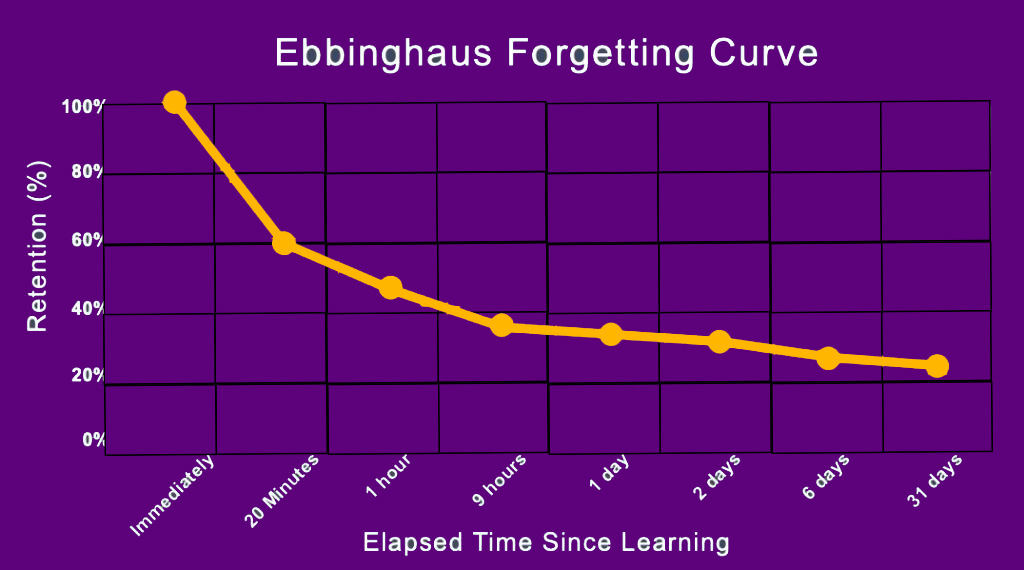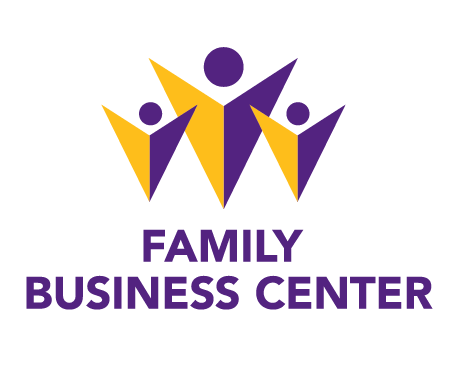The Power of Peer Groups
The Power of Peer Groups
By Kaylee Oskvig
Picture this: a room filled with family business leaders, each facing their own unique set of challenges and opportunities. Some are CEOs, others are emerging leaders trying to make their mark. Yet despite their differences, they all have one goal: to grow and sustain their family business while keeping family harmony. This is the environment of a peer group at the University of Northern Iowa Family Business Center. Members of our peer groups get to engage in peer-to-peer learning while sharing insights and strategies across different companies.
In the world of business, defining the word success can be a unique and interesting experience for all. However, for a family business in particular, navigating the running and growing of a business while maintaining family harmony can be difficult. The University of Northern Iowa (UNI) Family Business Center provides you with the opportunity to participate in a peer group, a resource that can make your journey a little bit smoother. So how can a peer group transform your business? Whitney Johnson, author of Disrupt Yourself: Putting the Power of Disruptive Innovation to Work, Disrupt Yourself, posted this on LinkedIn: “If a person can’t grow within a company, they will grow away from it.” In this blog post, we will cover the many benefits of peer learning and how you can improve your business and personal growth.
What is Peer Learning?
Peer learning, or peer-to-peer learning is a mutual learning strategy that involves participants at the same level to engage in collaborative learning. Forms of peer-to-peer learning involve those with shared goals engaging with each other and discussing concepts that everyone in the group can likely relate to. If you’re working in a family-operated company, there’s often not a person within the business with similar experiences who you can comfortably turn to for help. UNI’s peer groups give you a community of similar-stage family members from all over Iowa to chat in a confidential space. These groups also allow participants to learn new skills and ways of thinking. This way, you can overcome challenges together and return to your family business with a clear mind and heart.
Benefits of Peer Learning
The Health Action Council noted that employees are 147% more likely to connect with peers who want or have similar skills in companies with healthy learning cultures. 79% of CEOs worldwide worry that skill gaps are “threatening the future growth of their organizations [s],” and peer learning is becoming the lever for one's organizational growth. Here are a handful of the many benefits of peer learning:
- Knowledge Sharing: This is a huge benefit as it allows members of different family businesses to leverage their personal experiences while learning from others’ experiences. Nobody has all the right answers, but by joining together you can create a path forward that is informed by the experiences of people who have maybe been through a similar situation already. Jeff Atwood, an American software developer, author, and co-founder Stack Overflow and Stack Exchange, says that “teaching peers is one of the best ways to develop mastery.” By sharing your knowledge, you can help your peers learn new skills and solve problems, while also enhancing your skills.
- Skill Development: In a peer group, you get the opportunity to enhance your capabilities while staying relevant in your related field. Not only will it increase your skills, but also enhance those around you as you spread knowledge among the group.
- Problem Solving: Peers can also help family leaders develop critical thinking skills, improve decision-making, and enhance overall problem-solving capabilities. Working together to solve problems and strengthen one's team building allows a future family CEO to have the problem-solving skills to overcome future challenges efficiently.
- Team Building: Peer learning creates not only a supportive and collaborative environment, but it also creates a space where you can share comfortably. When there is comfortability in a relationship, you are more likely to engage in open and honest communication. Your goal is to create an open and honest community that has shared goals with you. In our peer groups, family members connect with people in similar generations at different companies; this allows for a more comfortable atmosphere and a true peer environment.
- Encourages Learning: Groups like these leverage diverse skills, experiences, and perspectives from everyone involved. It creates a place where there is constant improvement, adaptability, and innovation.
- Increased Engagement: When you are actively involved in sharing knowledge, skills, and experience, you feel more connected with your work. Therefore, you are likely to engage more in sharing your knowledge and skills with other family members. Plus, it gives you a platform to share the experiences of other families with your own, which can be beneficial to your entire family.
- Retention: The more you connect with a peer group, the more benefits you receive from it. Herman Ebbinghaus, the first psychologist who systematically studied memory and learning, found that humans tend to forget 70% of what we learn within 24 hours and up to 90% within a week if we don’t actively seek to retain it. The graph below showcases more of what Ebbinghaus was talking about with the forgetting curve. Peer groups give you the chance to put on a different hat, talk to others with different experiences, and go back to your family with fresh eyes. Jeff Atwood’s quote shows how important it is to learn and teach others, and actively engage with our new knowledge.

So Now What?
Join one of our peer groups! Our peer groups are designed for family business members at any stage in their leadership journey, whether you are a current CEO, retired leader, or even the up-and-coming generation. Either way, you can connect with peers in similar positions within their business.
Types of Peer Groups
At UNI, we offer three different types of peer groups.
- Emerging Leaders: If you're working in your family business but aren’t holding a leadership role (yet), the Emerging Leaders group is for you.
- Now Generation: If you are in a leadership role, but aren’t sure what to do next, we suggest joining our Now Generation group.
- Legacy: Lastly, our Legacy group involves family members who are either retired from daily operations or looking to transition in the next 5-10 years.
Learn more about peer groups at the UNI Family Business Center here.
Joining a peer group at the UNI Family Business Center can be a great experience for family businesses. From networking opportunities to shared learning experiences, the benefits of joining a peer group are numerous. If you want to take your family business to the next level, consider joining a peer group today!


